About Minneapolis VA Health Care System Maplewood CBOC
The Minneapolis VA Health Care System Maplewood CBOC offers a variety of services for individuals struggling with addiction and mental health issues. Their dual diagnosis program is designed to help those who are dealing with both addiction and mental health issues. They also have programs specifically for adults, elders, LGBTQ individuals, military personnel, and young adults. In addition to traditional outpatient and inpatient rehab services, they also offer aftercare support, cognitive behavioral therapy, experiential therapy, family therapy, group therapy, individual therapy, and trauma therapy.
Addiction Treatment Programs
Dual Diagnosis
If you have both a mental health condition and substance use disorder, you need dual diagnosis treatment in Minnesota to address both issues together. Along with traditional evidence-based substance use treatment, clients may receive mental health counseling, medication, peer support, and other tools to help them manage their mental health.
Adult Program
An adult program in Minnesota can help clients make healthier life choices and avoid common mistakes. Along with traditional evidence-based treatment, clients may receive employment support, parenting classes, and help securing housing.
LGBTQ Friendly Rehab
If you’re a member of the LGBTQ+ community struggling with substance use, consider an LGBTQ+ friendly rehab in Minnesota. LGBTQ+ friendly programs may include detox, inpatient treatment, outpatient care, aftercare services, and more. They will be tailored to take into account your unique individual needs.
Military Rehab
When you attend a military rehab in Minnesota, you’ll work with professionals who understand the unique challenges service members and veterans face in creating a substance-free life. Along with traditional evidence-based treatment, clients may receive trauma-focused care, peer support, help with PTSD, and classes in overcoming other specific challenges.
Men's Rehab
When people join a men’s rehab in Minnesota, they are able to tackle gender-specific issues while receiving treatment. Along with traditional evidence-based treatment, clients may receive education on topics relevant to men, such as fatherhood, healthy relationships, emotional vulnerability, and more.
Women's Rehab
A women’s rehab in Minnesota can provide every level of care while addressing the unique needs of women. Along with traditional evidence-based treatment, clients may receive help with childcare, classes in parenting, and advice about being a working mother and building healthy relationships.
Young Adult Rehab
If you’re a young adult struggling with substance use, consider a young adult rehab program in Minnesota. Along with traditional evidence-based treatment, clients may receive educational support, employment training, and help securing housing.
Senior Rehab
Insurance Coverage
Self-pay options
Paying for rehab in Minnesota yourself is known as self-pay or private pay. You write a check, use a medical loan, or electronically send money to your treatment center of choice. Payment details may vary depending on the level of care.
Financial aid
When looking for ways to pay for rehab in Minnesota, consider asking about financial aid programs. Community groups or non-profits in your area may offer assistance, or you might find a treatment program that has grants or scholarships.
Military insurance
For those who qualify, military insurance is a good way to pay for substance use treatment in Minnesota. Your insurance plan can pay for some or all of the costs of rehab, although you will want to contact the insurer for full details. You may have some out-of-pocket costs such as copays or deductibles.
Private insurance
There are many ways to pay for rehab in Minnesota, and one of the more affordable is using private insurance. Contact your insurer to get details about coverage and out-of-pocket costs, such as deductibles and copayments.
Levels of Care
- 1
Outpatient Rehab
Outpatient treatment in Minnesota can provide a great way to practice and reinforce new habits formed in residential rehab programs. Outpatient treatment includes multiple approach, including cognitive behavioral therapy (CBT), motivational interviewing (MI), and holistic therapy options.
- 2
Aftercare Support
It’s easy to wonder what’s next after treatment, but fortunately, aftercare in Minnesota can provide ongoing support. The end of treatment is far from the end of the story, so take advantage of aftercare resources such as sober living, 12-step and other support groups, peer coaching, and more.
Therapies
Cognitive Behavior Therapy
The goal of cognitive behavioral therapy (CBT) in Minnesota is to address negative thinking patterns to create positive change. CBT is a common part of evidence-based treatment programs and may be a part of inpatient treatment, outpatient care, or both. CBT can be empowering as you learn to manage your thoughts and emotions rather than being overwhelmed by them.
Experiential Therapy
Experiential therapy in Minnesota involves activities that allow you to build confidence in your ability to make positive changes. Experiential therapy is commonly part of inpatient or intensive outpatient treatment and may be used to help with skill-building, addressing trauma, and managing substance use triggers.
Family Therapy
Family therapy in Minnesota can address conflicts in your family so your loved ones can help provide encouragement, support, and accountability as you work through substance use treatment. Some of the topics covered in family therapy include improving communication, developing healthy coping skills, avoiding codependency and enablement, and learning to support each other in healthy ways that foster recovery from addiction.
Group Therapy
Group therapy in Minnesota can provide encouragement, support, and accountability as you work through substance use treatment. Group therapy is a normal part of evidence-based treatment programs, and may be a part of inpatient treatment, outpatient care, or both. Topics include addiction education, sharing of experiences, and learning new skills.
Individual Therapy
During individual therapy in Minnesota, clients have a confidential environment to work through their struggles with a professional. Individual therapy is a common part of both inpatient and outpatient substance use treatment and may be used to help with skill-building, overcoming trauma, and creating a substance-free lifestyle.
Trauma Therapy
Talking about what you’ve been through and how it impacted you is an important way to heal, and trauma-informed therapy in Minnesota gives you that opportunity. Trauma-informed therapy sessions generally last 60 to 90 minutes and may include discussing a specific event, talking about emotional triggers, and learning emotional regulation and cognitive restructuring skills.
Accreditations
Location
Contact Minneapolis VA Health Care System Maplewood CBOC
Top Drug Rehab Centers in Minnesota
-
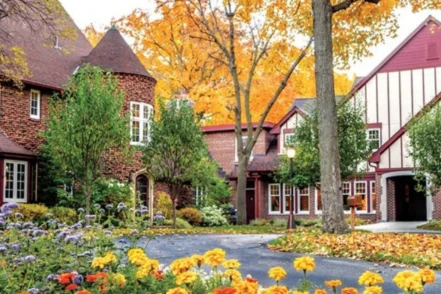 Minnesota
MinnesotaThe Retreat Wayzata
1221 Wayzata Blvd E Wayzata, Minnesota 55391
-
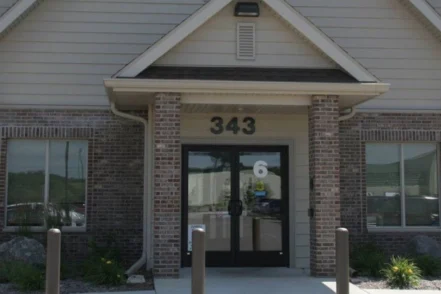 Minnesota
MinnesotaZumbro Valley Health Center Woodlake Drive
343 Woodlake Drive Se Rochester, Minnesota 55904
-
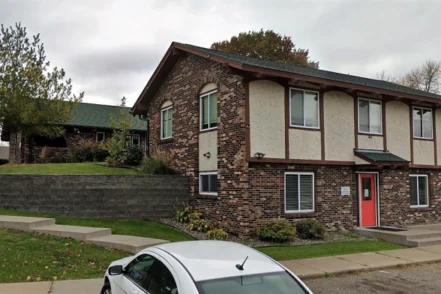 Minnesota
MinnesotaAnthony Louis Center Blaine
1000 Paul Parkway Minneapolis, Minnesota 55434
-
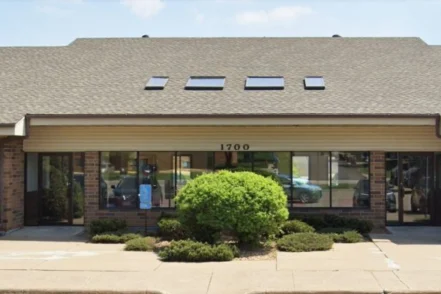 Minnesota
MinnesotaTwin City Chemical Health Services
1700 Livingston Avenue, Suite 102 West St. Paul, Minnesota 55118
-
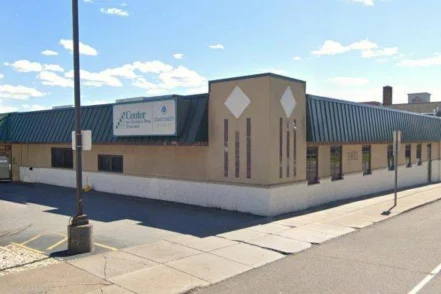 Minnesota
MinnesotaCADT Center for Alcohol and Drug Treatment
1402 East Superior Street Duluth, Minnesota 55805
-
 Minnesota
MinnesotaMeridian Behavioral Health New Brighton
550 Main Street, Suite 230 New Brighton, Minnesota 55436
-
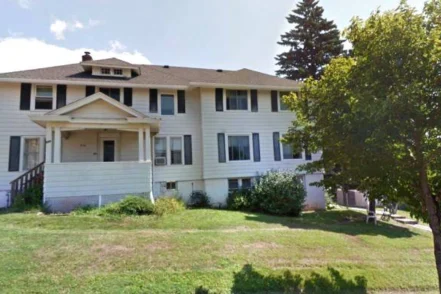 Minnesota
MinnesotaCADT Howard Friese House Hillside
714 North 11th Avenue East Duluth, Minnesota 55805
-
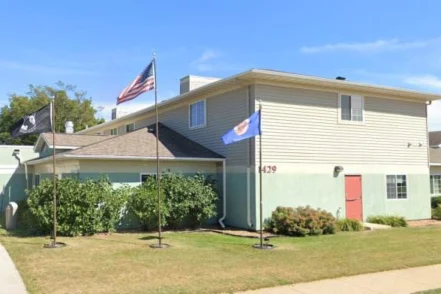 Minnesota
MinnesotaHouse of Hope Inc Mankato
1429 3rd Avenue Mankato, Minnesota 56002
-
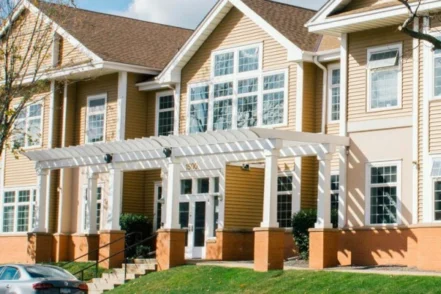 Minnesota
MinnesotaTurning Point Minneapolis
1500 Golden Valley Road Minneapolis, Minnesota 55411
-
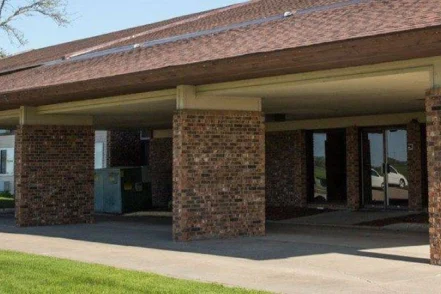 Minnesota
MinnesotaDouglas Place
1111 Gateway Drive Northeast East Grand Forks, Minnesota 56721
